5 Best Sports for Kids With Autism
In this article, we'll explore the best sports for kids with autism and why they're beneficial.
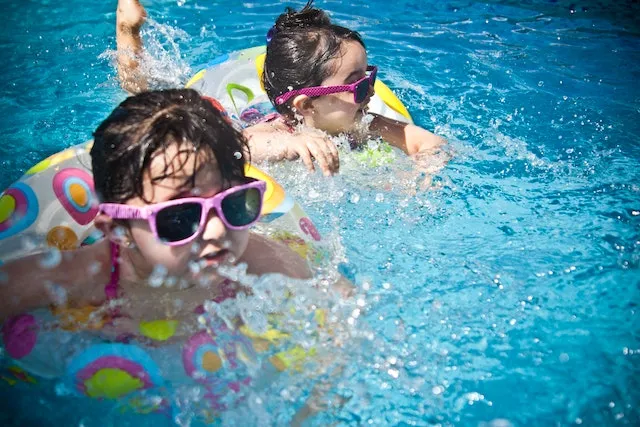
According to the Centers for Disease Control and Prevention, an estimated 1 in 36 children in the United States has been diagnosed with autism.
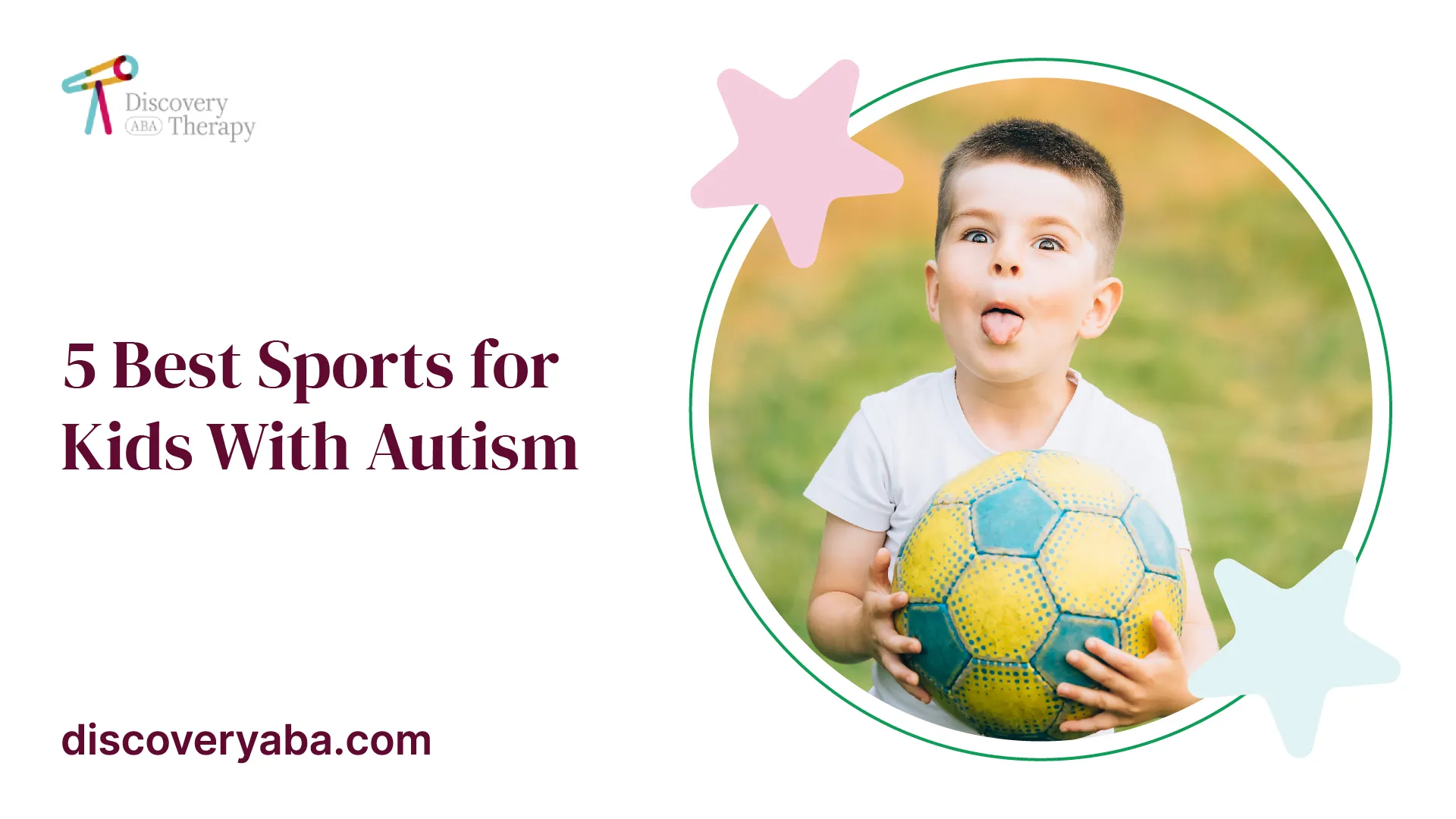
Children with autism may face challenges when it comes to socializing and communicating, but participating in sports can help them improve their physical abilities, social skills, and overall quality of life.
However, not all sports are suitable for kids with autism. Keep reading to find out which sports your child could enjoy.
Swimming
Swimming is an ideal sport for children with autism because it's a low-impact, non-contact activity that enhances coordination and muscle strength. The water provides a soothing sensory experience, which can help reduce anxiety and promote relaxation.
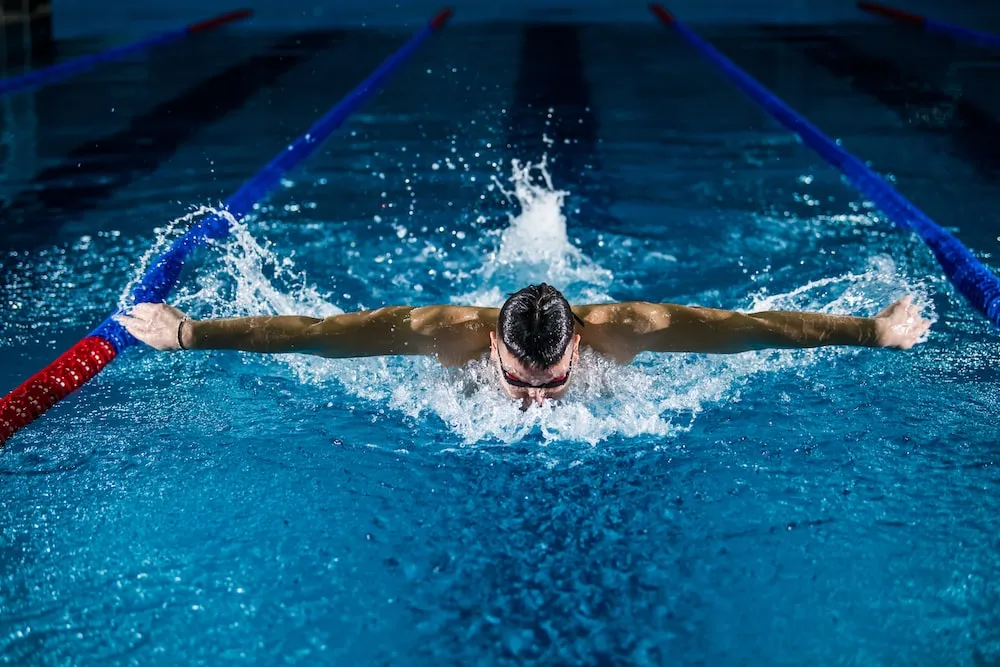
Additionally, swimming is a solo sport, which can be beneficial for children who struggle with socializing. Swimming lessons can also provide structure and routine, which can be helpful for children with autism who thrive on predictability.
Running
Running is another great sport for children with autism because it requires minimal equipment and can be done anywhere. It's a cardiovascular activity that improves endurance, coordination, and gross motor skills.

Running can also be a social activity, with opportunities to participate in group runs, races, and fun runs. For children who prefer solo activities, running can be done independently and at their own pace, which can boost their confidence and self-esteem.
Martial Arts
Martial arts classes can provide children with autism with a structured environment that emphasizes discipline, respect, and self-control. Martial arts can improve balance, coordination, and strength, and can also teach children how to regulate their emotions and manage stress.

Martial arts classes are typically small, with individual attention from instructors, which can be beneficial for children who struggle with large groups.
Additionally, martial arts classes often incorporate social skills training and role-playing, which can help children develop social skills and communication.
Gymnastics
Gymnastics is a sport that requires strength, flexibility, and coordination. It can improve gross and fine motor skills, balance, and spatial awareness.
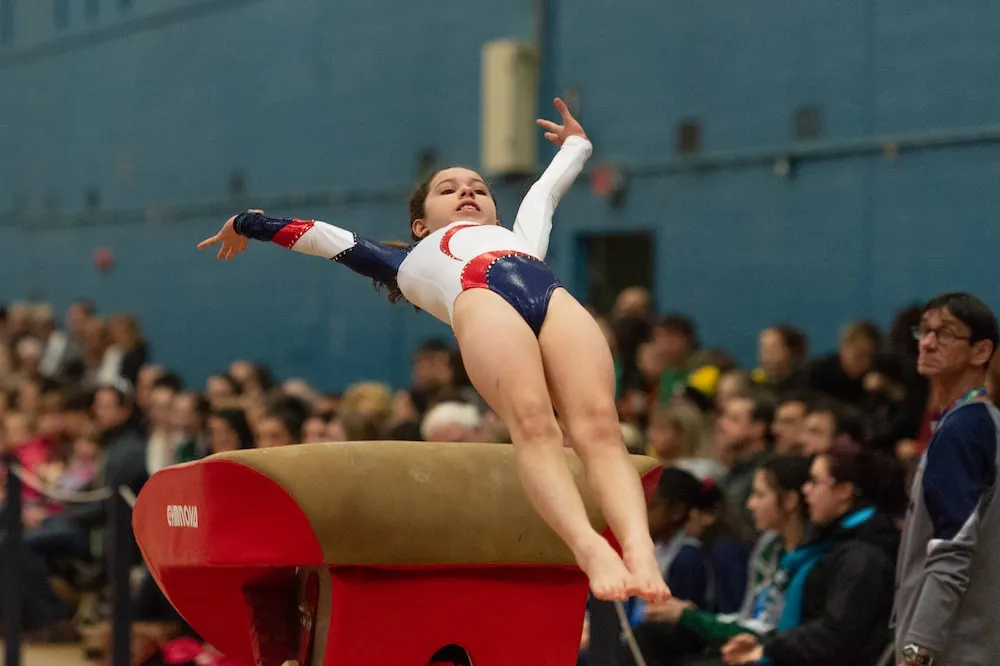
Gymnastics classes are typically structured and provide a predictable routine, which can be beneficial for children with autism who thrive on routine.
Gymnastics classes can also be done in small groups, with individual attention from instructors, which can be helpful for children who struggle with large groups. Additionally, gymnastics classes can provide opportunities for socializing and building friendships.
Soccer
Soccer is a team sport that can improve coordination, balance, and gross motor skills. It can also teach children how to work together and communicate effectively.
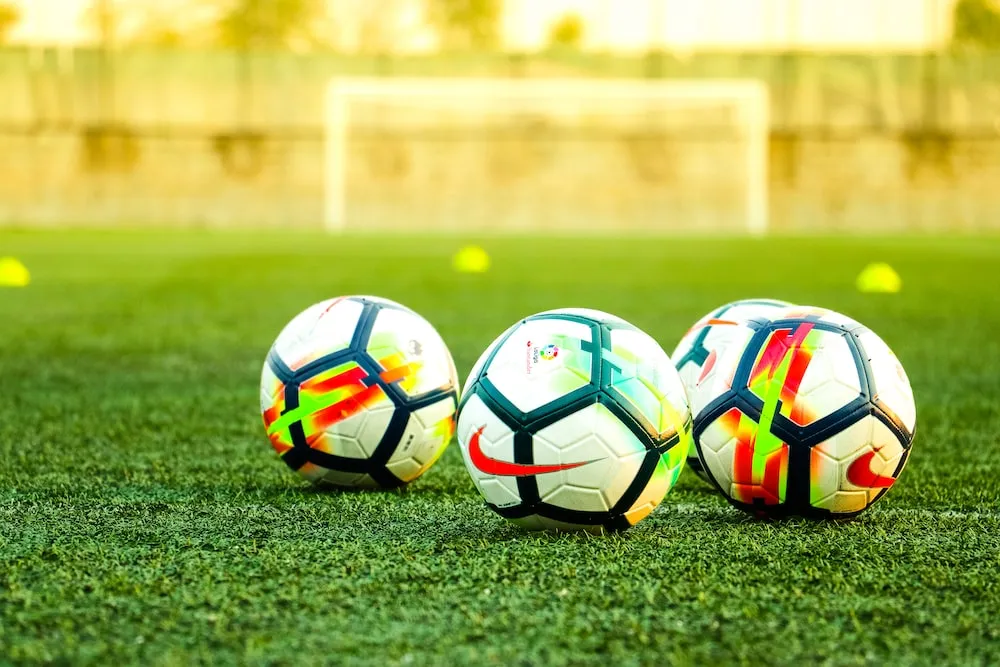
Soccer can be beneficial for children with autism who struggle with socializing, as it provides opportunities for social interaction and teamwork.
Soccer can also be adapted to meet the needs of children with autism, with modifications to the rules or playing field.
Benefits Of Playing Sports For Kids With Autism
Playing sports can be incredibly beneficial for children with autism. In addition to improving physical health, participating in sports can help children develop important social skills and improve their overall quality of life.
One of the main benefits of playing sports for kids with autism is that it provides a structured environment that emphasizes routine and predictability. This can be especially helpful for children who struggle with changes in routine or unexpected events.
Sports also provide an opportunity for children to learn how to regulate their emotions and manage stress. By learning how to deal with the challenges that come with playing sports, children can develop important coping strategies that they can apply to other areas of their lives.
Playing sports can also have a positive impact on self-esteem and confidence. As children improve their physical abilities and learn new skills, they may feel more confident in themselves and their abilities.
Overall, playing sports is a great way for kids with autism to stay active, make friends, and develop important skills that will serve them well throughout their lives.
How To Make Sports More Fun For Autistic Children
Making sports more fun for autistic children is essential to keep them engaged and motivated. Here are some tips that can help make sports more enjoyable for kids with autism:
- Keep it simple: Simplify the rules of the game and focus on the basics. This can help reduce anxiety and frustration in children who may struggle with complex instructions.
- Use visual aids: Visual aids such as pictures, diagrams, or videos can be helpful in teaching new skills or explaining game rules.
- Create a routine: Establishing a predictable routine before, during, and after sports activities can help children feel more comfortable and confident.
- Incorporate sensory breaks: Sensory breaks such as jumping jacks, stretching, or deep breathing exercises can help children regulate their sensory input and stay focused.
- Offer choices: Giving children choices about which sport to play or how to participate can help increase their sense of control and autonomy.
By implementing these strategies, parents and coaches can make sports more enjoyable for autistic children while also promoting physical activity and skill development.
While there are many sports that can be beneficial for kids with autism, there are also some sports that may not be suitable. Sports that involve a lot of contact or require quick reactions and changes in direction may be overwhelming for some children with autism.
Sports Kids With Autism Should Avoid
Here are some sports that kids with autism may want to avoid:
- Football: Football involves a lot of physical contact, which can be overwhelming for children who struggle with sensory input. Additionally, the fast-paced nature of the game can make it difficult for children with autism to keep up.
- Basketball: Basketball is a fast-moving sport that requires quick reactions and changes in direction. This can be challenging for children with autism who struggle with coordination and spatial awareness.
- Hockey: Hockey is another sport that involves a lot of physical contact and can be overwhelming for children who are sensitive to touch. The fast-paced nature of the game can also make it difficult for children with autism to keep up.
- Wrestling: Wrestling is a sport that involves close physical contact, which can be uncomfortable for some children with autism. Additionally, wrestling requires quick reflexes and changes in position, which can be challenging for children who struggle with coordination.
- Boxing/Martial Arts Sparring: While martial arts classes can be beneficial for kids with autism, sparring may not be appropriate. Sparring involves close physical contact and quick reflexes, which can be overwhelming for some children.
Every child is different, and what works well for one child may not work well for another. Parents should work closely with their child's doctor or therapist to determine which sports are appropriate based on their individual needs and abilities.
Types of Sports For Kids With Autism
When it comes to selecting a sport for your autistic child, it's important to consider their interests and abilities. While there are some sports that may not be appropriate for children with autism, there are many others that can be adapted or modified to meet their needs.
In addition to the sports mentioned earlier in this article, there are many other options that may be suitable for your child. Some examples include:
- Yoga: Yoga can improve flexibility, balance, and coordination, while also promoting relaxation and stress relief.
- Bowling: Bowling is a low-impact activity that can improve hand-eye coordination and social skills.
- Dance: Dance classes can improve coordination, rhythm, and self-expression. Dance classes can also provide opportunities for socializing and building friendships.
- Track and Field: Track and field events such as long jump or shot put can improve gross motor skills, while distance running events can promote endurance and cardiovascular health.
Ultimately, the most important thing is to find a sport that your child enjoys and feels comfortable participating in. By providing opportunities for physical activity and skill development in a supportive environment, parents can help their autistic children lead happy, healthy lives.
Summary
In conclusion, sports can be an effective way for children with autism to improve their physical abilities, social skills, and overall quality of life. Swimming, running, martial arts, gymnastics, and soccer are all great sports for children with autism.
However, it's important to remember that not all children with autism will enjoy or excel at these sports, and it's important to find a sport that your child enjoys and feels comfortable with. With the right support and encouragement, children with autism can thrive in sports and experience the joy of physical activity.
Does Your Child Have An Autism Diagnosis?
Learn More About How ABA Therapy Can Help
Find More Articles
Contact us
North Carolina, Nevada, Utah, Virginia
New Hampshire, Maine
Arizona, Colorado, Georgia, New Mexico, Oklahoma, Texas
.avif)




































































































